Our history
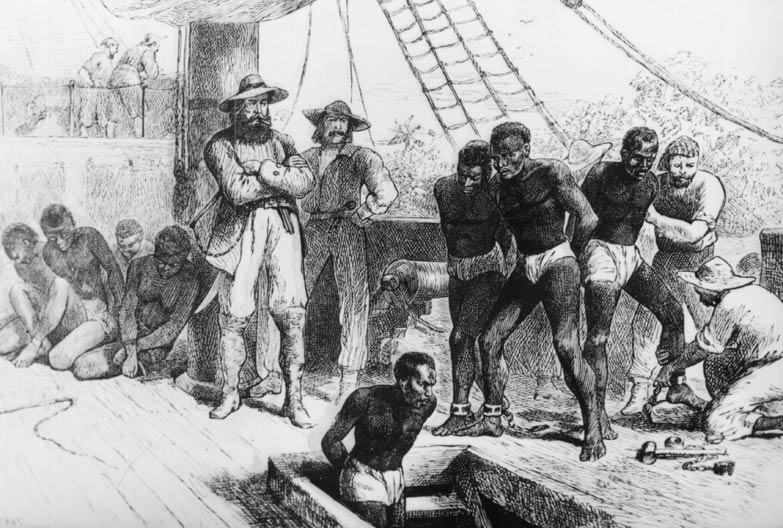
Over 180 years of fighting slavery
17 April 1839
The Anti-Slavery Society is formed by Thomas Clarkson, Thomas Fowell Buxton and other abolitionists to campaign against slavery worldwide.
1840
Convened the world’s first anti-slavery convention in London.
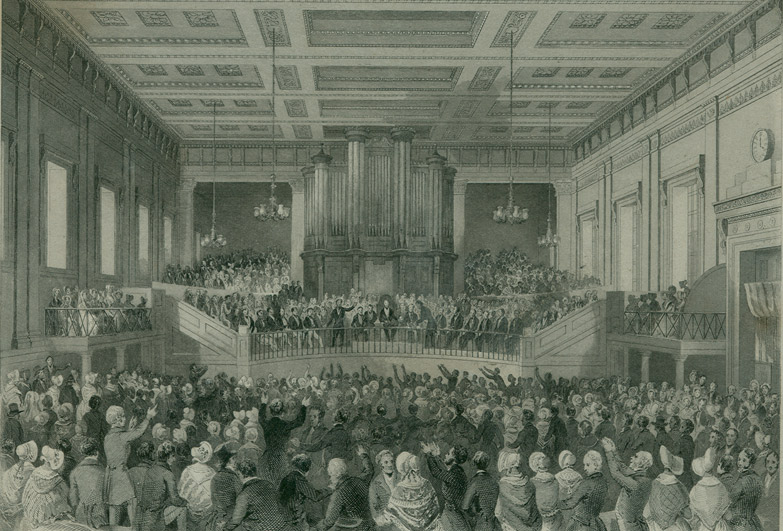
1850
Developed ‘slave-free produce’ consumer action groups, promoting alternatives to slave plantation sugar.
1890
Helped establish the Brussels Act, the first comprehensive anti-slavery treaty, which allowed the inspection of ships and the arrest of anyone transporting slaves.
1904 – 1913
Campaigned against slavery practices perpetrated in the Congo Free State by King Leopold II of Belgium. The campaign eventually helped bring an end to Leopold’s tyranny.
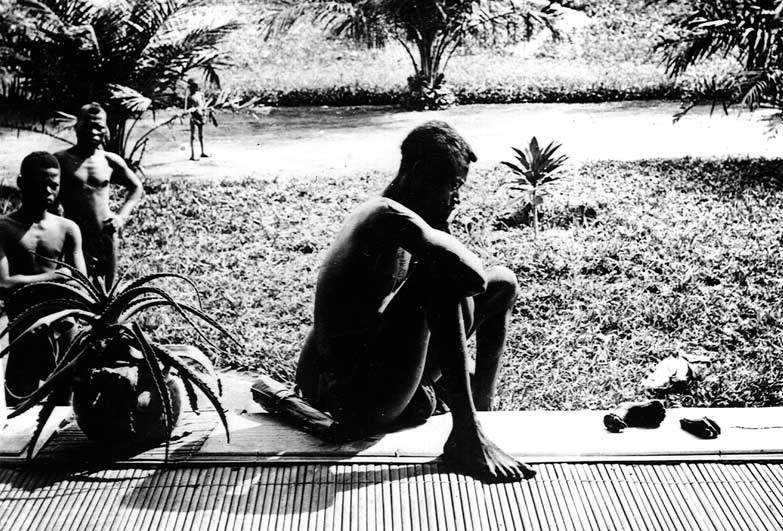
1920
Helped end the indentured labour system in the British colonies after campaigning against the use of Indian and Chinese “coolies”.
1921
Played a pivotal role in ending the activities of the Peruvian Amazon Company, which was using indigenous slave labour in rubber production.
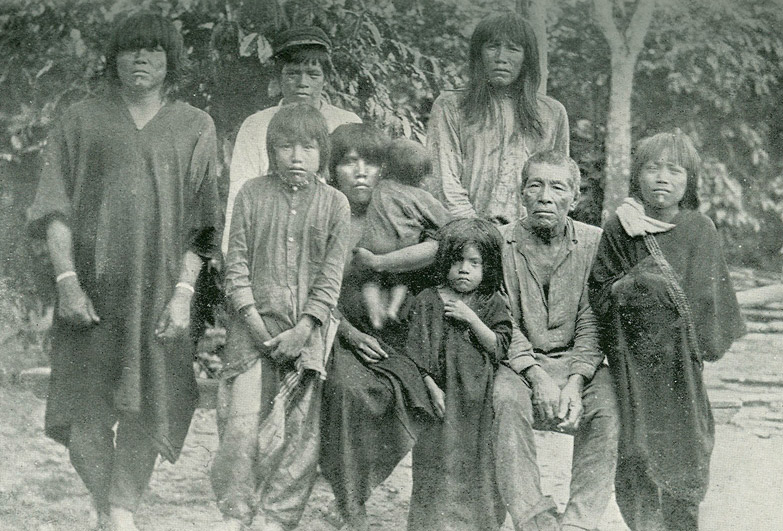
1926
Successfully lobbied for the League of Nations inquiry into slavery, which resulted in the 1926 Slavery Convention that obliged all ratifying states to end slavery.
1956
Influenced the content of the Supplementary Convention on the Abolition of Slavery.
1984
Helped establish the Human Rights Fund for Indigenous People.
1995
Supported an Indian NGO initiative for the establishment of the Rugmark Foundation.
1994
An original supporter of the End Child Prostitution, Pornography and Trafficking campaign (ECPAT) and helped set up the UK branch.
1998
One of the organisers of the 1998 Global March against Child Labour, which helped lead to the adoption of a new ILO Convention on the Worst Forms of Child Labour, 1999 (No. 182).
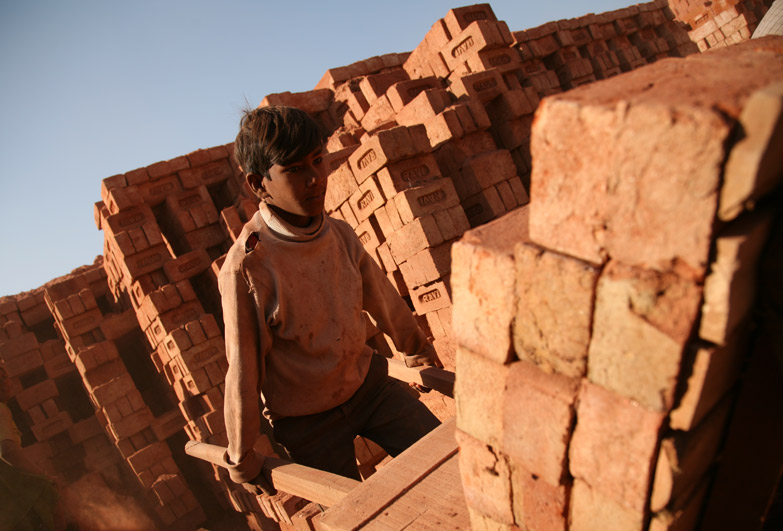
2000
Successfully campaigned for the abolishment of bonded labour practices in Nepal.
2003
With local NGO Timidria conducted a survey that led to the criminalisation of slavery in Niger.
2003
Lobbied the Brazilian government to introduce a National Plan for the Eradication of Slavery.
2004
Successfully lobbied to make trafficking of sexual and labour exploitation a criminal offence in the UK.
2005
Organised a major campaign which resulted in the United Arab Emirates freeing over 3,000 children trafficked to be used as camel jockeys, and UAE, Qatar and Kuwait abolishing the practice.
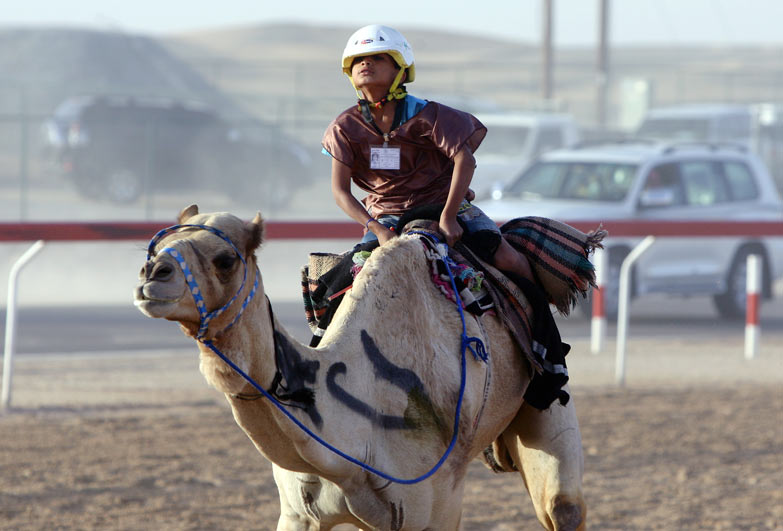
2005
Influenced the development of the Council of Europe Convention against trafficking in human beings, which is the first international standard to guarantee trafficked people minimum standards of protection and support. The convention was ratified by the UK government at the end of 2008.
2007
Helped push for the appointment of a UN Special Rapporteur on Contemporary Forms of Slavery.
2007
We successfully campaigned to criminalise slavery in Mauritania (2007).
2008
The United Nations’ decision to create a new Special Rapporteur on Contemporary Forms of Slavery. They will report directly to the UN Human Rights Council on measures that Governments need to take to tackle slavery practices in their respective countries. This is the first new UN mechanism on slavery in over 30 years.
2008
We supported a former slave, Hadijatou Mani in international ECOWAS (the Economic Community Of West African States) court that found the state of Niger guilty of failing to protect her from slavery . The ruling set a legal precedent for Niger and all other ECOWAS state to protect people from slavery.
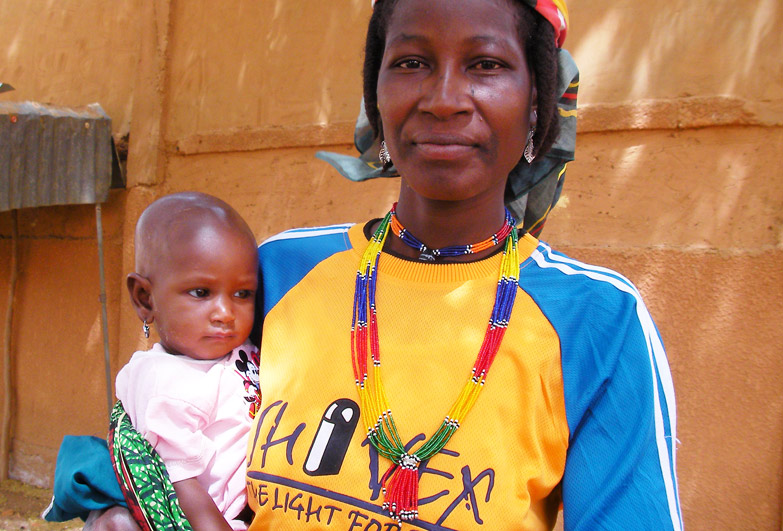
2010
Following the campaign by Anti-Slavery International and Liberty in June, the UK Parliament introduced a criminal offence of forced labour in the Coroners and Justice Act 2009.
2011
Our Home Alone campaign played a big part in persuading the International Labour Organization to adopt a Convention on Decent Work for Domestic Workers in June 2011, which secures the rights of millions of domestic workers across the globe.
2011
We successfully campaigned to force the UK government to sign up to a new EU anti-trafficking law, providing legal basis for protection and justice for trafficking victims.
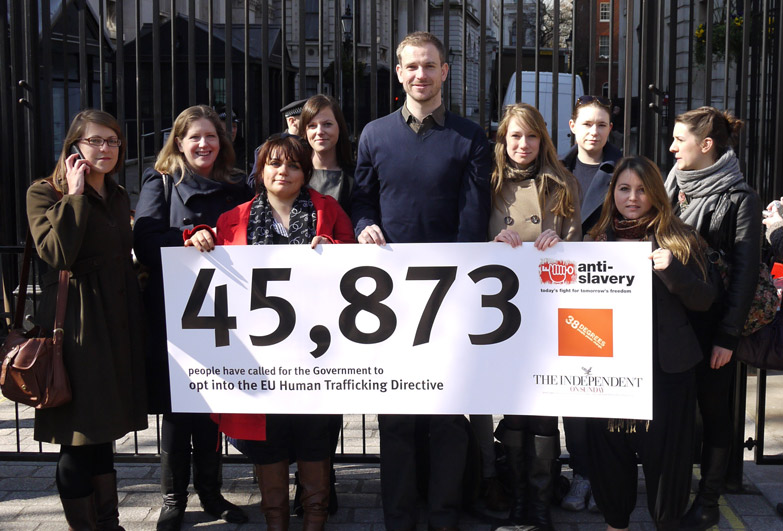
Today
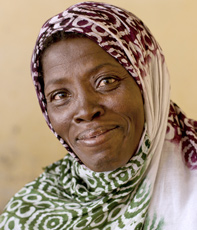 We have a long history of making a difference and we continue to make it today. Check below what we do today to support people like Moulkheir out of slavery and to end this abuse across the world.
We have a long history of making a difference and we continue to make it today. Check below what we do today to support people like Moulkheir out of slavery and to end this abuse across the world.
We want you to join us in making a difference and support our work.